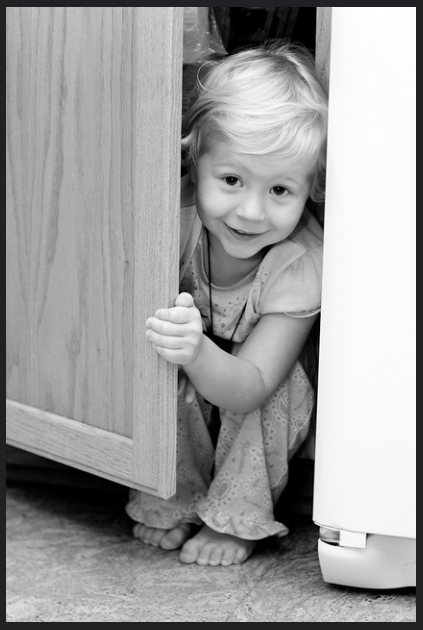Culture and Development

A group of children were playing hide-and-seek in the yard. Pilar (age 3) raced to her hiding spot as her six-year-old cousin, Lucas, loudly counted, “… six, seven, eight, nine, ten! Ready or not, here I come!” Pilar let out a small giggle as Lucas ran over to find her – in the exact location where he had found his sister a short time before. At first glance, this behavior is puzzling: why would Pilar hide in exactly the same location where someone else was just found? Older children and adults realize that it is best to hide in locations that have not been searched before but young children do not have the same cognitive sophistication. But why not… and when do these abilities first develop?
We have learned in previous chapters what it means to study both psychology and culture. Lifespan development examines the factors that influence growth and change over the course of an individual’s life, from conception to death. Human development is the interaction between our biology (nature) and our environment (nurture). For this chapter, we will add to previously discussed concepts to examine the role that enculturation plays in developing the human mind and fostering a unique sense of self.
Learning Objectives
At the end of the chapter, you should be able to:
- Define universal concepts of neuroplasticity and sensitive periods of development and discuss how these concepts impact lifespan growth.
- Define and contrast how the concepts of culture, socialization and enculturation differ.
- Identify and describe how parents/caregivers serve as enculturation agents during development.
- Identify and describe influences on parenting.
- Describe the association of temperament and ‘goodness of fit’ on development.
- Distinguish between the different types of temperament.
- Identify three commonly studied attachment patterns and what is known about those development patterns.
- Identify consequences of secure versus insecure attachment on adult relationships.
- Identify different parenting styles, along with the potential impact of each parenting style on development.
- Describe Piaget’s theory of cognitive development.
- Distinguish between the stages of cognitive development.

